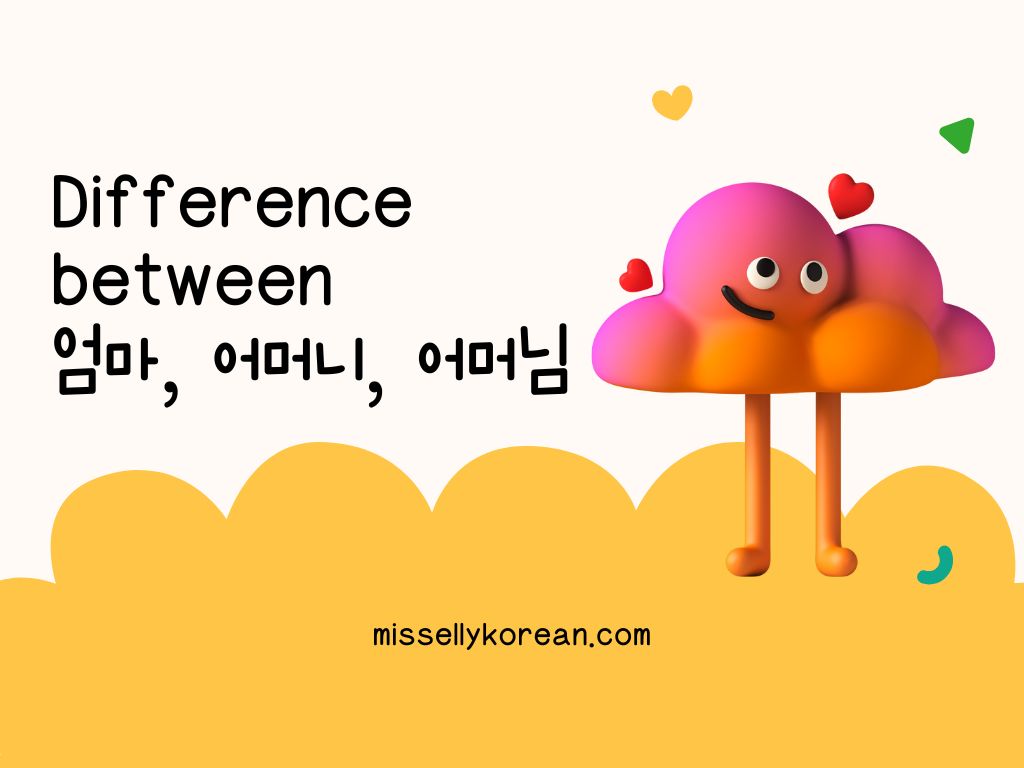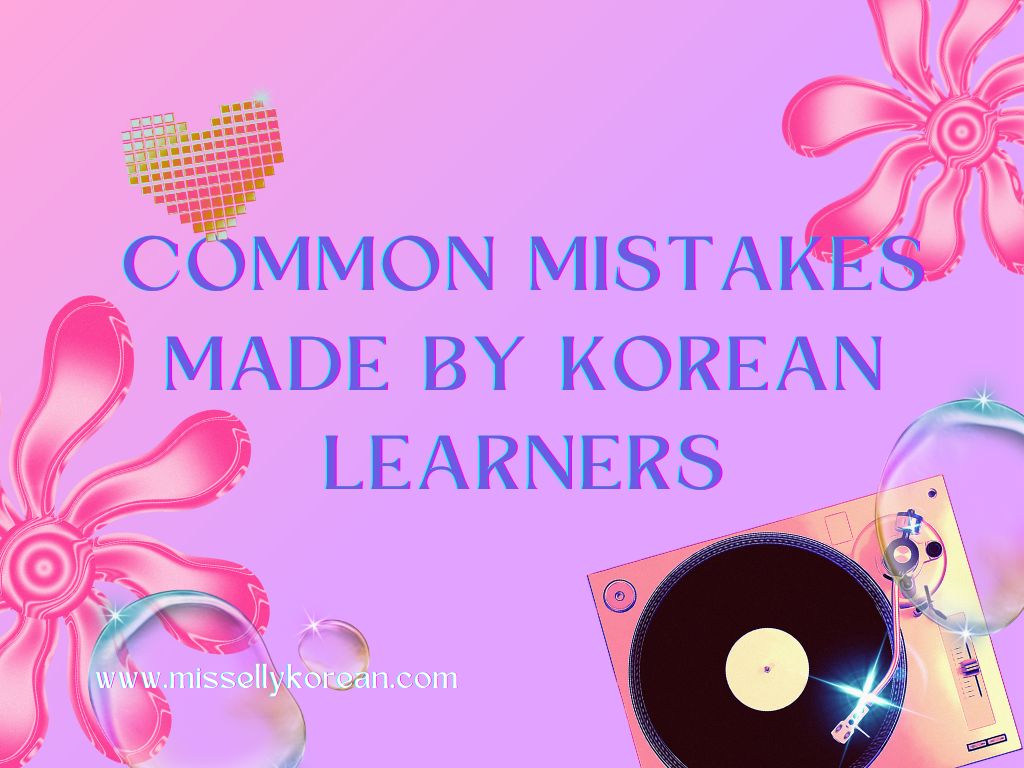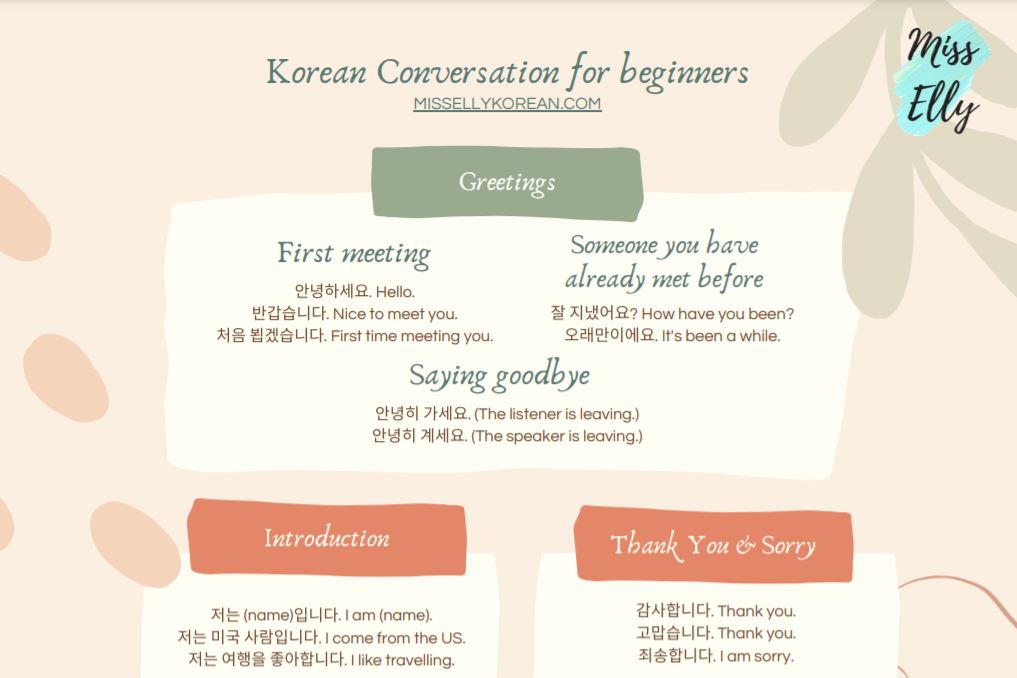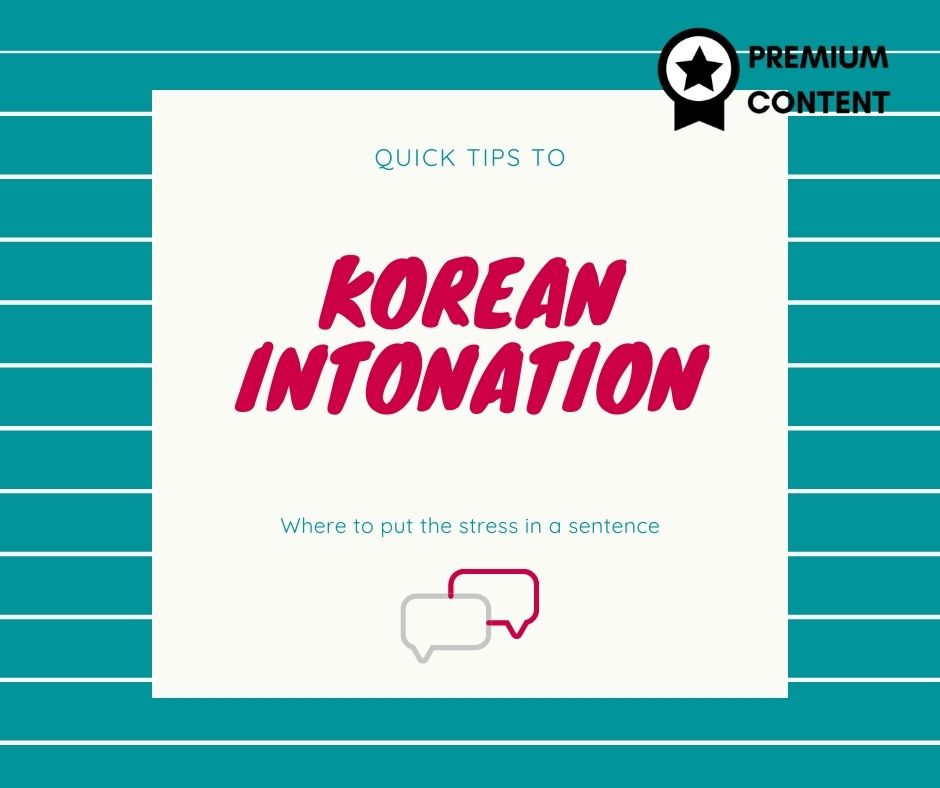A lot of people want to learn Korean with K-pop. My stance is that one definitely cannot learn Korean purely using Kpop alone without putting it hard work in grammar, however Kpop is a very good learning resource once you get to a higher beginners and intermediate level. In this post I will break down and explain the grammar concepts and vocabulary used in the song Maria by Hwasa. This is suitable for higher beginner level or above. I can’t explain in detail all of the grammar concepts in one post but I hope this will be useful to serve as a pointer for you to further study on concepts that you are not familiar with. I will skip right to the refrain section.
외로워서 어떡해
외로워서 comes from 외롭다 meaning feeling lonely. This is an irregular verb with an ending consonant ㅂ where we have to drop the ㅂ and add another 우 after it to give 외로워. The -아/어 서 grammar structure means ‘therefore’. So this line means:
I feel lonely so what should I do?
미움마저 삼켰어
미움: hate. Note that The verb form of this word is 밉다. This is another irregular verb with ending consonant ㅂ. The noun form is formed by adding ㅁ to it.
-마저: as well. This grammar structure means something in addition to the current (bad) situation. For example 길을 잃었는데 비마저 오기 시작했다. We got lost and it started to rain as well.
삼키다: swallow. Note the past tense conjugation here 삼키 + 었어 to give 삼켰어
Therefore this line means ‘I swallowed up the hate as well’.
화낼 힘도 없어
화내다: get angry with. Hear the verb is conjugated with ㄹ to form an adjective, describing the following noun 힘.
힘: strength. Combined with the above adjective phrase, it means the strength to get angry.
-도: Very basic grammar point, meaning ‘too’
Together this line means ‘I don’t have the strength to get angry too.’
여유도 없고
여유: having enough time/ money/ resources to go by.
This line is ‘I don’t have the time and energy (to get angry – carried from last line) too’
뭐 그리 아니꼬와
그리: the same as 그렇게. Adverb meaning to such extent, so much.
아니꼽다: disgusting. Another irregular ㅂverb. Here it drops the ㅂ, then add an additional 오 after it. By the normal present tense conjugation rules, vowel 오/아 is followed by 아, therefore resulting in 아니꼬와.
This line means ‘What is so disgusting?’
가던 길 그냥 가
-던: word ending that describes an action that happened in the past. This transforms the 가 in front of it into an adjective describing the following noun 길
길: Road. Together with the above adjective it means ‘the road you have been walking on’.
그냥: just/ for no other reasons.
This line literally means ‘Just continue on the road you were walking on.’ More naturally in English it means ‘Just go on your way’ with an undertone or leaving me alone.
왜들 그래 서럽게
-들 normally follows a noun to make the noun into plural form. In this case it is a more playful and non-standard usage meaning approximately 왜 다들: ‘why everyone…’
그래: yet another synonym with 그렇게 and 그리.
서럽다: Here the adjective ‘sad’ is conjugated as an adverb form by adding 게. As such there is no verb in this line and we can see it as omitted.
Therefore this line means ‘Why is everyone so sad?’
마리아 마리아
Maria Maria
널 위한 말이야
널: abbreviated form of 너를
위하다: do something for the benefit of. Here ㄴ is added to transform this verb into an adjective describing the noun 말 after it.
야: casual (반말) present tense ending for verb 이다.
This line literally means ‘These are words for your benefit.’ or more naturally, ‘I am saying this for your own good.’
빛나는 밤이야
빛: light
나다: come out. 빛나다 means shine.
-는: Instead of the subject marker particle, here 는 transforms the 빛나 into an adjective that describes the following noun 밤. Above we saw -ㄹ and -던 transforms a verb into it an adjective for future tense and past tense respectively, now 는 is used for present tense transformation.
밤: night
This line simply means ‘It is a shiny night.’
널 괴롭히지 마
괴롭다: suffering. Its causative form meaning ‘make someone suffer’ is 괴롭히다.
This line means ‘Don’t torture yourself.’
오 마리아 널 위한 말이야
뭐하러 아등바등해
-러: word ending to indicate purpose of an action (usually going or coming to a place) for example: 뭘 사러 왔어요? What have you come to buy?
아등바등: strivingly. Adding 해 to it is non-standard usage
This line means ‘What are you striving for?’
이미 아름다운데
이미: Already
아름답다: Beautiful. Another irregular ㅂ verb(!). Drop the ㅂ and adding an 우 to it.
-ㄴ데: Very commonly used word ending to give background or facts/ opinion that are slightly contradictory to what is presented. Here the premise is that you are already beautiful, (despite that) why are you trying so hard?
Please let me know if you find these K-pop explanations useful and I will do more of these in the future. Have fun learning Korean!






0 Comments